The Other Children of Robin Hood
Princess of Thieves is not the first, nor last, story to feature Robin Hood's daughter. Most of the traditional Robin Hood ballads, plays and the like do not mention children. But there are exceptions.
Ballad 103 in Francis Child's collection of English and Scottish ballads is titled "Rose the Red and White Lily", but the C version is titled "The Wedding of Robin Hood and Little John". Two cross-dressing sisters marry Robin and Little John after Rogee Roun (Rose the Red) says "For I'm wi bairn to Robin Hood,/ And near nine month is gane." However, Child felt that Robin Hood's presence was grafted on a pre-existing ballad (the A version features Brown Robin, not Mr. Hood) and does not group it with his collection of Robin Hood ballads. In Parke Godwin's novels, Robin and Marian have two children - a son named Edward or Robin and a daughter named Moira.
Sometimes these children take centre stage. In film, Cornel Wilde played Robin's son in the 1946 The Bandit of Sherwood Forest (adapted from Paul A. Castleton's novel Son of Robin Hood) and John Derek played a similar role in 1950's Rogues of Sherwood Forest. But the 1958 film actually called Son of Robin Hood doesn't feature a son at all. Rather, June Laverick played Robin's daughter Deering. (In those days, a woman wasn't considered sufficiently inspiring, and so a male character has to pretend to be Robin's son in order to lead the band.)
Since I created this website, several stories about Robin's offspring have appeared in different media. In 1998, Paul Storrie wrote Robyn of Sherwood, a four-issue comic book series starring Robin's daughter. It was reissued in 2012.
In 1999, Aimée Castle played another "Robyn Hood" - she was Robin's time-travelling descendant from the 20th century in the Canadian TV series Back to Sherwood. In 2002, Nancy Springer's children's novel Rowan Hood: Outlaw Girl of Sherwood Forest kicked off her series of novels about yet another daughter of Robin Hood.
In 2002, a film called Blood of Sherwood - about Robin's son Jarrow - entered the planning stages with Rupert Wainwright as director. And most recently, Martin Charnin, Thomas Meehan and Peter Sipos created the musical Robin Hood - The Legend Continues which premiered in Seattle in December 2004. An older Robin returns home from the Crusades to discover that he's got a daughter. Like Gwyn, this daughter wanted to prove herself. Fortunately, Gwyn never had to sing a song like "Flower of Your Seed".
In 2024, Peter David published Robyne of Sherwood - a tale of Robin Hood and Marian's daughter gathering a new (mostly female) group of outlaws.
Read my interview with Paul Storrie regarding Robyn of Sherwood, his comic book about Robin's daughter, and his feelings on Princess of Thieves.
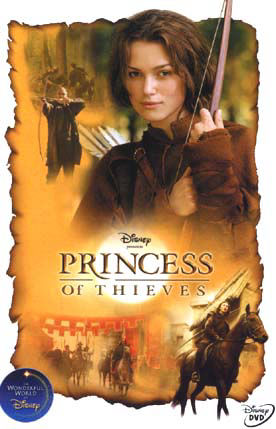
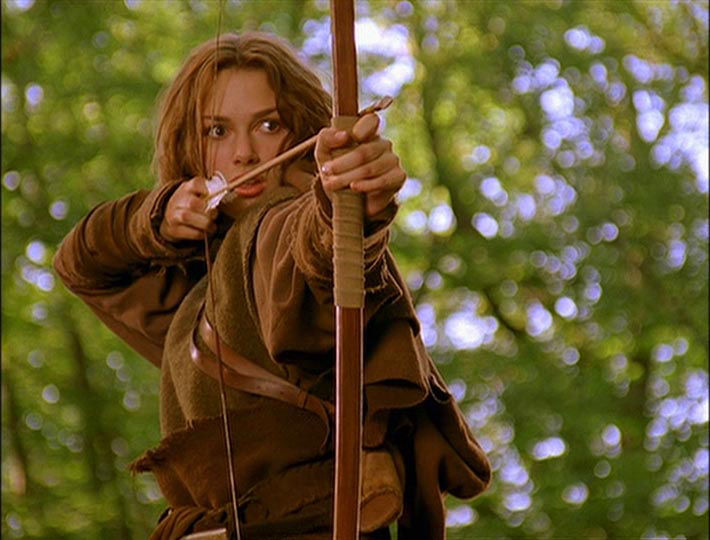
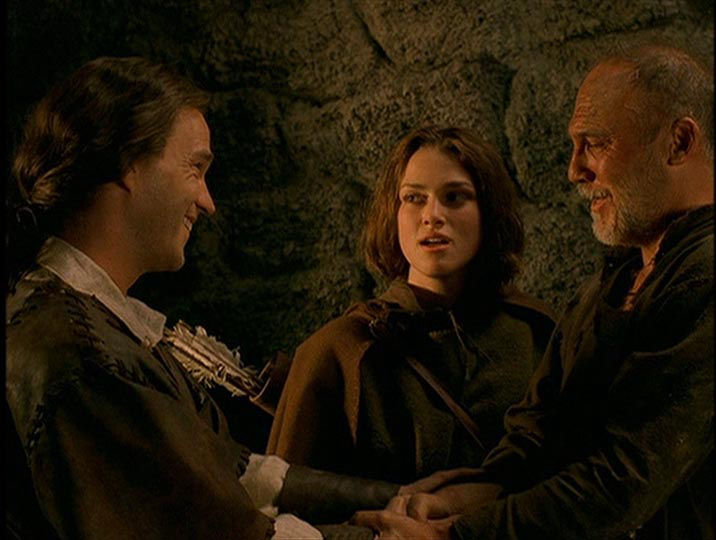
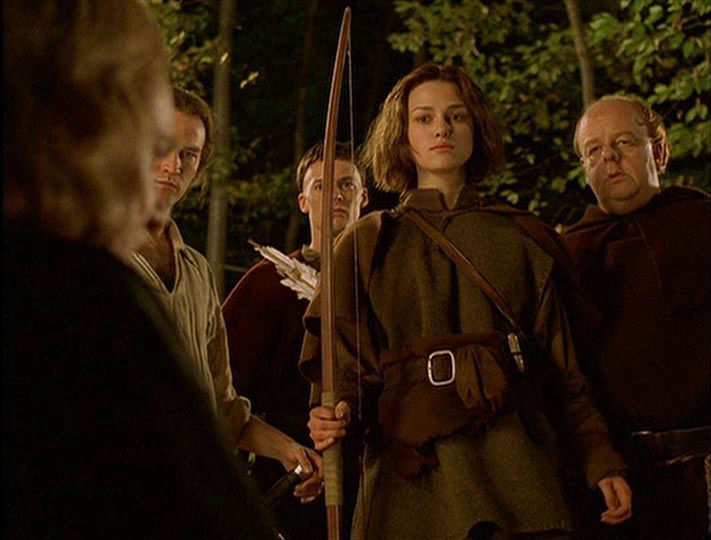
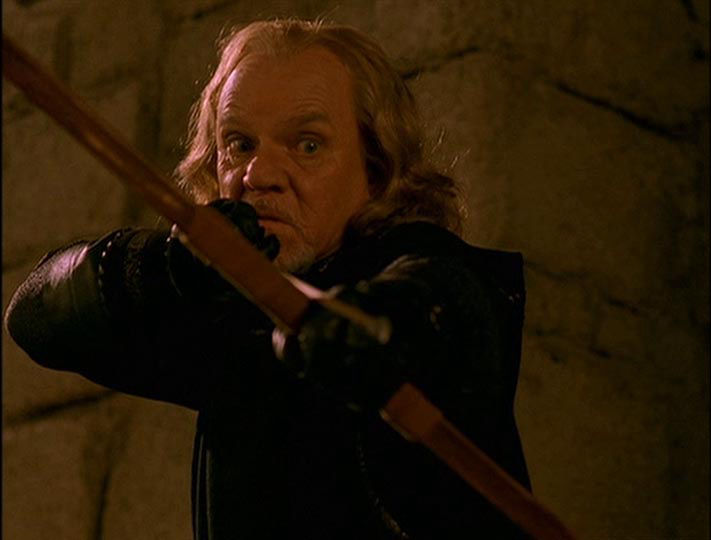
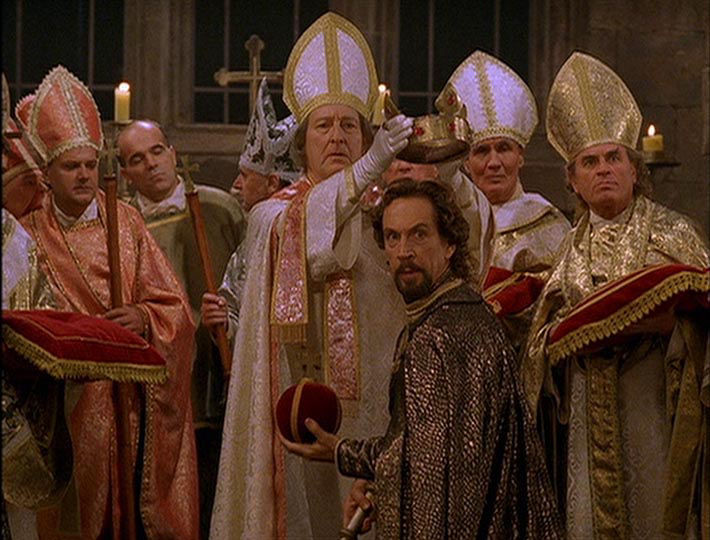
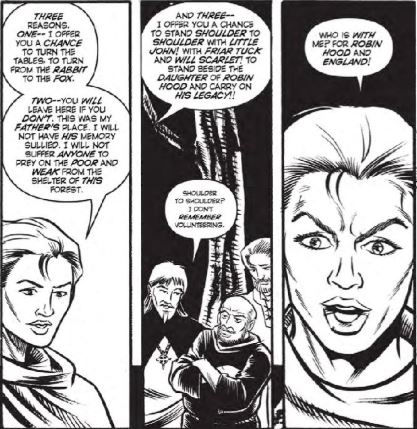
Contact Us